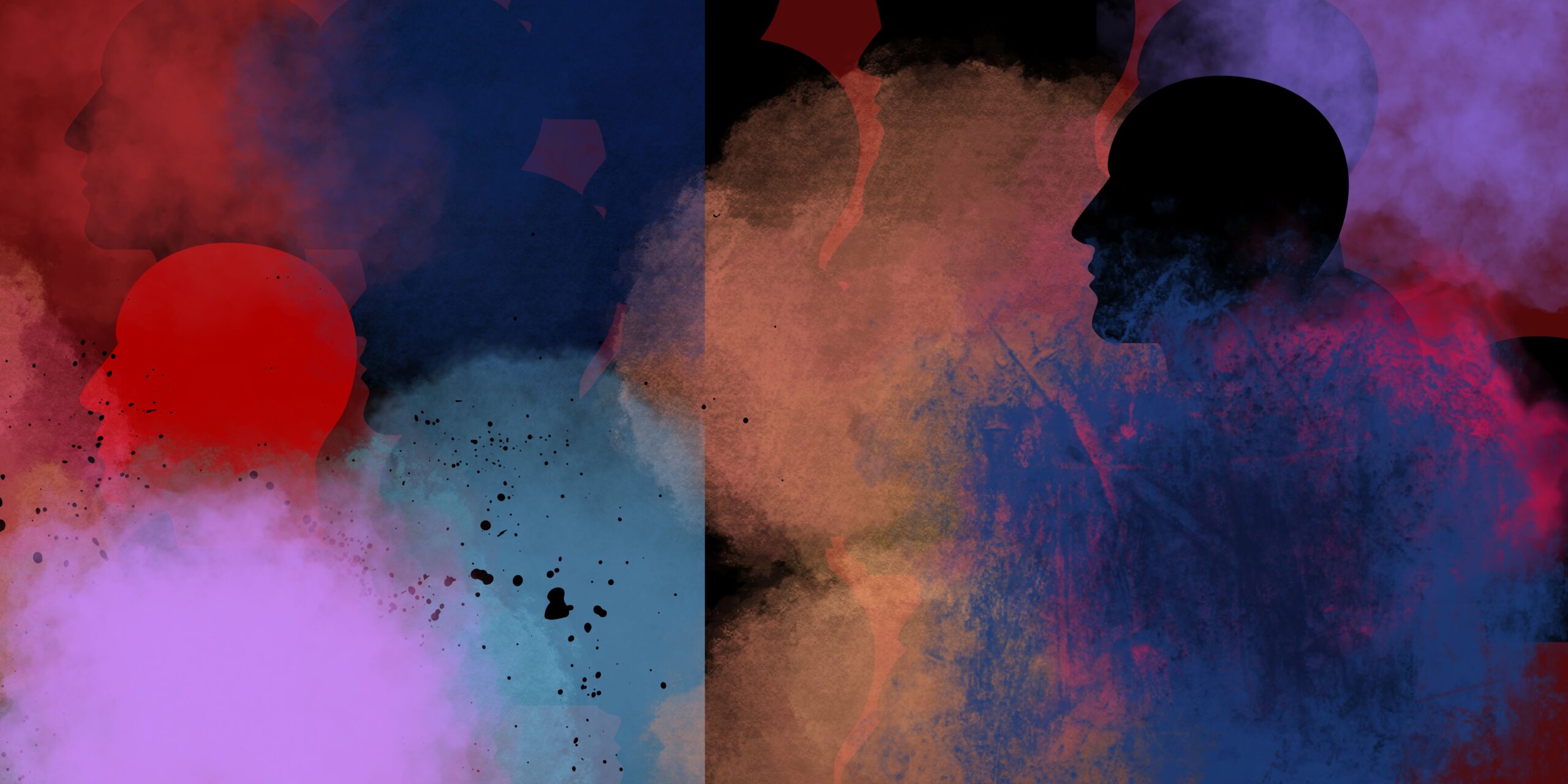Navigating through one’s troubles is difficult. To have issues is part of being human. However, it can often feel as if our problems are not really solvable.
So what does one do?
Perhaps one of your colleagues said something particularly rude to you. Or maybe things at home seem to be conflicted. Maybe the person you love or have feelings for has started acting cold. Problems in relationships are inevitable.
But do you feel as if others can never understand you?
Do you try to one-up every other person you are in conflict with?
Or perhaps you feel incredible ‘pain’ when the people you trust do not meet your expectations.
And you do not see this level of pain in others.
It’s not that you don’t feel happy. You feel very happy when things are going right.
But when things are not going okay, it becomes impossible to stand it. So, to cope with this, you react explosively or even violently. This can even mean that you try to control this pain by hurting yourself physically.
If you have felt this way throughout most of your life, you might have features of a personality disorder.
What is a Personality Disorder?
Personality is a complex system of enduring traits and/or behaviors. It remains generally stable throughout life. So, a personality disorder is basically enduring sets of traits or behaviors that cause significant problems throughout one’s life.
How does a Personality Disorder Develop?
Most personality researchers agree on the fact that personality starts developing during childhood when an individual is exposed to various concepts, beliefs and behaviors. For example, a child born to more conservative parents is more likely to have conservative beliefs and behaviors. However, as the child grows older, other people begin influencing him/her. Friends and peers became a major part of life during school years. Teachers also play a major role.
Nevertheless, at some point, the individual gathers enough information to adopt certain patterns of thinking and behaving.
Following this line of reasoning, a personality disorder emerges when there are some major conflicts early on in an individual’s life. These could be a very conflict-ridden relationship between the parents. Or it could be how a caregiver might be too strict or too lenient with this person.
Moreover, a child might be shamed publicly at school or in the playground, which could make them behave in ways to protect themselves. And these behaviors could then become very inflexible.
Experiencing Personality Issues
If an individual feels as if the environment that his or her parents or caregivers have given them does not match the environment of practical or general life – this causes problems. This happens for most – if not all – of us. However, imagine if your childhood environment was very mismatched with the environment outside, in practical life.
Personality issues and disorders are ‘out of the social norm.’ If they were within the social norms, they would not be called major problems.
Hence, people who experience these personality problems tend to feel as if they are separated from everyone else’s experience. They might not understand how ‘regular people’ deal with life’s tribulations so easily.
On the other hand, some people with personality issues might feel as if they deal with these problems better than others. They may view themselves as superior. Because that is what they have felt much early on in life.
Such individuals might try to seek out people who are like them. A person with narcissistic personality disorder might thus try to associate with individuals who they perceive better than others. Similarly, an individual with borderline personality disorder might feel more drawn to people that have been traumatized as well.
If you find that your attachment styles in social relationships compromise them, especially if this has happened throughout your life, there is a high probability that you have personality complications. Furthermore, if your social behaviors seem to cause others a lot of issues – or even if you alone think that they have always troubled others – there too is a high probability of personality issues.
However, how can you be sure that there really is a significant problem?
Why Self-Diagnosis Can Do More Harm than Good
Self-diagnosis is the behavior of assigning oneself a disorder and/or disease without consulting with a certified practitioner. This behavior is concerning because it can make the individual try to act according to the condition they have diagnosed themselves with. They might not have that issue. But they might try to assume the stereotypical image of the disorder.
Moreover, relying solely on self-diagnosis might result in the person not seeking the relevant management for the problem. The presentation of bipolar 2 disorder and borderline personality disorder can often be very similar. But the way they are treated is very different. Wrongly assuming that you have a personality disorder can unnecessarily put off the correct management plan.
Personality issues are significant problems in behavior that might elude to a personality disorder. If you believe that you or someone you know might have this, it is important to seek the relevant help. By doing so, you can help improve or even save lives.
I am a Clinical Psychologist and a Lecturer of Psychology at Government College, Renala Khurd. Currently, I teach undergraduate students in the morning and practice psychotherapy later in the day. On the side, I conjointly run Psychologus and write regularly on topics related to psychology, business and philosophy. I enjoy practicing and provide consultation for mental disorders, organizational problems, social issues and marketing strategies.





